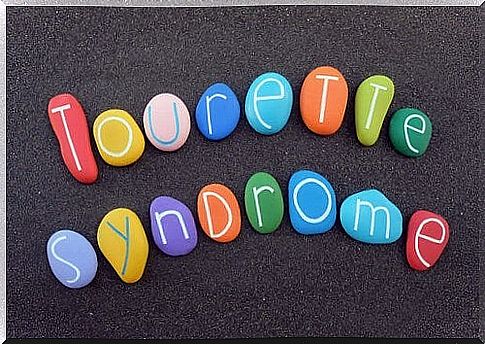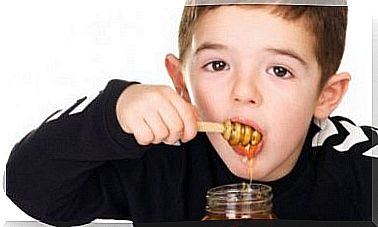Tourette’s Syndrome: Here’s What You Need To Know

Tourette’s syndrome is a disorder that appears in childhood and manifests itself with motor and verbal tics. The most obvious sign is the production of sudden, repetitive and uncontrolled movements or sounds that can lower the quality of life. It is a pathology that some people have the wrong image of, thanks to the world of cinema.
It is usually described as the condition that causes profanity, offense or inappropriate comments (coprolalia) or involuntary obscene gestures (copropraxia) to be uttered. In fact, these are infrequent manifestations in Tourette’s syndrome.
What is Tourette’s syndrome?
It is a neurological disorder that begins in childhood or adolescence, before the age of 18. It typically occurs between the ages of 5 and 9, and one of its earliest manifestations is facial tics such as uncontrolled blinking or wrinkling of the nose. Tics change over time, in intensity and frequency, with periods of remission and sharpening. Among the most common:
- Motor tics : sudden, repetitive and uncontrolled movements in different parts of the body.
- Vocal tics : involuntary emission of short, intermittent sounds or words.

Tics, both motor and verbal, can be simple or complex.
- Simple : This group includes those that involve only one muscle group: blinking, shrugging, clearing the throat or grunting.
- Complexes : involve multiple muscle groups. For example, between motor tics, movements such as jumping, turning, repeatedly touching a part of the body. Among the vocal tics the repetition of words, one’s own or of others (echolalia) or swearing is typical.
All these movements or expressions are involuntary and uncontrolled for the child and are often preceded by premonitory impulses (for example an itch similar to that which precedes the sneeze) which are relieved only when the tic appears. With great effort, some children can temporarily suppress tics, but as tension builds up, they reappear.
Data to consider
A percentage that varies between 0.4 and 3.8% of minors is affected by this syndrome. It is thought that genetic and environmental factors converge in the causes. It also prefers males, in a ratio of 3: 1.
Tourette’s syndrome is related to other conditions such as attention deficit hyperactivity disorder (ADHD), obsessive compulsive and behavioral disorders, anxiety and depression.
Fortunately, it tends to regress with age. There are rare cases in which the severity remains high after adolescence. On the other hand, there may be an aggravation of symptoms in periods when the child is particularly tired, stressed or ill.

Tourette’s syndrome does not affect the child’s intelligence or health, beyond the discomfort that comes from the tics themselves. Often the child’s behavior is misunderstood, which can make him feel anxious or embarrassed. It is therefore essential that the people who gravitate to his environment are informed and understanding.
Finally, it should be remembered that the tics described are not always indicators of this disorder. On the contrary, tics are a fairly frequent phenomenon in childhood; in general, they are transient and resolve without complications. Tourette’s syndrome is, in fact, an uncommon disease and even more rare cases with severe symptoms.
Tourette’s Syndrome Treatment
Different drugs are available to combat Tourette, depending on the specific case. However, these are medicines that can cause important side effects. If the tics are not disabling, therefore, it is preferable not to use them.
Compared to psychological treatment, the habit reversal technique has been shown to be effective in reducing symptoms. Relaxation techniques can also help, as can treating other associated conditions that may be present such as ADHD or OCD.









